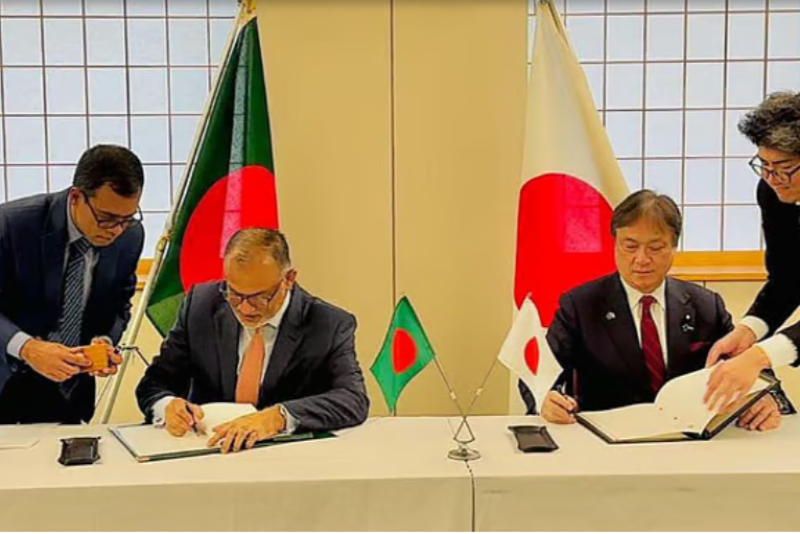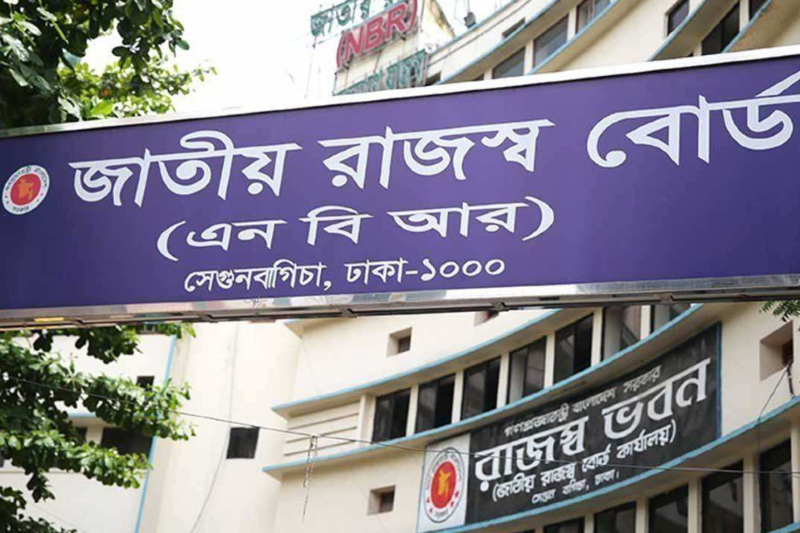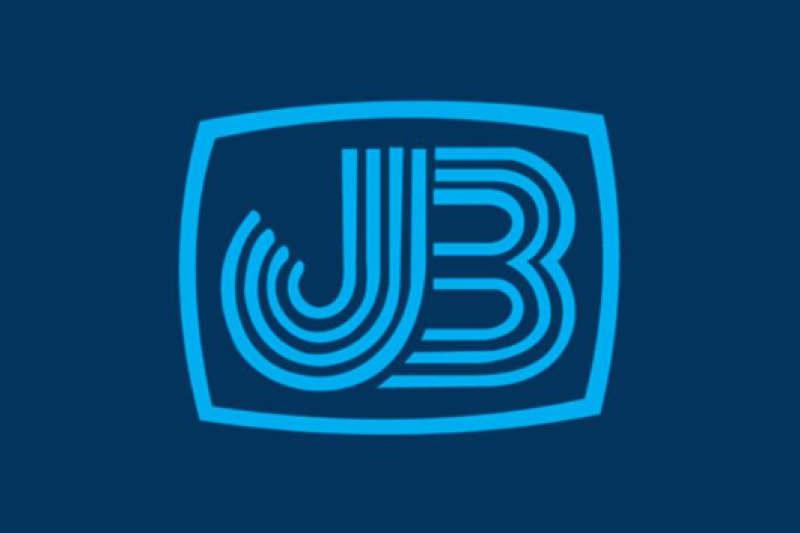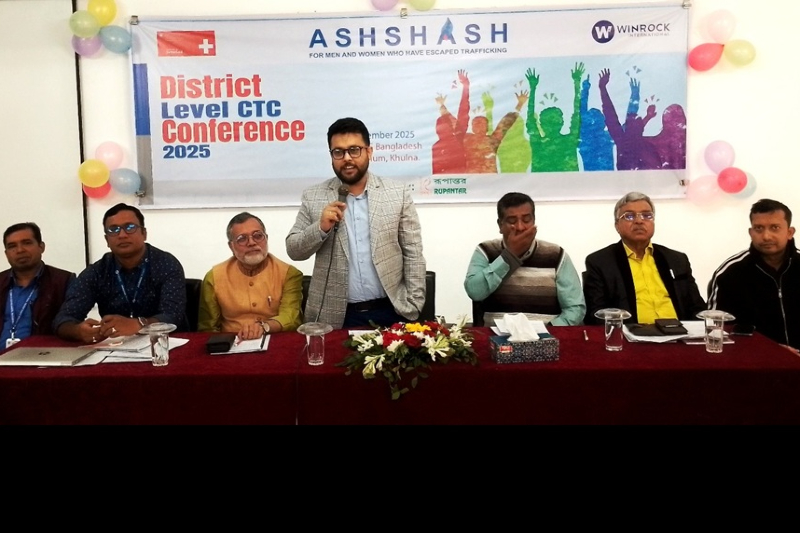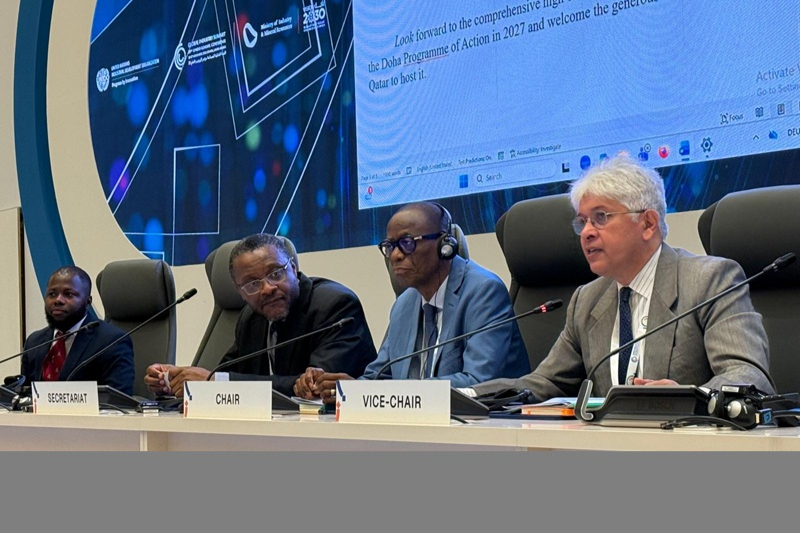CPD Criticizes Black Money Whitening Provision in Proposed Budget
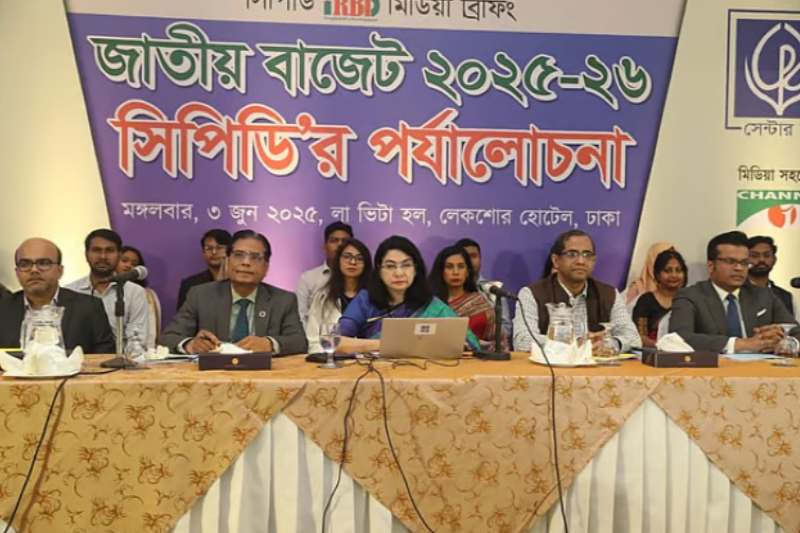
Bangladesh: The Center for Policy Dialogue (CPD) has raised serious concerns over the provision in the proposed 2025–26 national budget that allows undisclosed money—commonly referred to as black money—to be legalized through investments in land and apartments.
CPD Executive Director Dr. Fahmida Khatun remarked that this move discourages honest taxpayers and contradicts the spirit of the July protest movement that called for greater economic justice and accountability.
Speaking at a post-budget press conference held this morning at Lakeshore Hotel in Dhaka, Dr. Khatun said that legalizing black money in the housing sector increases inequality and drives up real estate prices, making housing unaffordable for many citizens.
She described the provision as a blow to ethical governance and noted that it undermines efforts to build a fair and inclusive society.
She acknowledged some positive aspects in the proposed budget but criticized it for not adequately addressing the ongoing economic crisis affecting ordinary citizens and businesses.
Dr. Khatun pointed out that several tax-related initiatives contradict the government's stated goals of equitable and sustainable development.
"CPD has always maintained that allowing undeclared money to be legitimized is morally indefensible. It sends a wrong message to compliant taxpayers and compromises the integrity of the tax system," she stated.
CPD has called for the immediate withdrawal of this controversial provision from the budget, arguing that it violates the fundamental principles behind the government's pledge to reduce inequality.
Additionally, Dr. Khatun criticized the tax structure outlined in the budget, stating that the categorization into six income brackets results in a disproportionate tax burden on lower-income groups while easing the load for wealthier individuals.
She highlighted this as another example of the budget’s regressive approach.
Regarding development expenditure, she noted with concern that although the overall size of the development budget has been reduced, key sectors such as education, health, and agriculture have seen significant cuts—an alarming trend given their importance for long-term human development.
CPD’s Honorary Fellow Dr. Mustafizur Rahman also voiced his disapproval of the provision allowing black money to be whitened, labeling it ethically unacceptable.
He further criticized the government for failing to present a clear account of illicit capital flight while simultaneously allowing undisclosed domestic wealth to be legalized. This, he said, reveals a contradiction in the government’s economic policies.
The core philosophy of the budget should have been reducing income inequality through fair taxation, a demand echoed during the mass protests in July and August 2024, said Dr. Rahman, adding “However, the proposed budget does not show any significant shift in policy toward this goal.”
Despite these criticisms, CPD welcomed the government’s decision to raise the tax-free income threshold from BDT 3.5 lakh to BDT 3.75 lakh and the initiative to create a dedicated fund for women entrepreneurs.
Dr. Khatun noted that while the revenue growth target of 8.9% is ambitious, it makes the overall budget size reasonably substantial.
In summary, CPD emphasized the urgent need for ethical and inclusive fiscal policies and urged the government to reconsider the black money legalization provision to maintain public trust and uphold the values of equity and justice.

